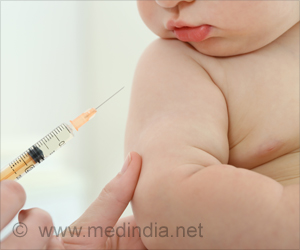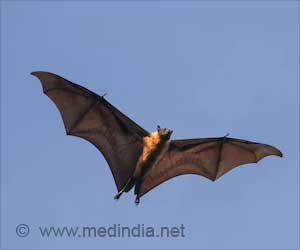Measles outbreak has claimed around 70 lives in Philippines. Measles, otherwise known as rubeola, is a highly contagious viral disease. It causes upper respiratory symptoms, fever, and rash.

‘Measles outbreak kills nearly 70 people in Philippines. Measles, also known as morbilli or rubeola or red measles, is a highly contagious viral disease caused by a virus belonging to the paramyxovirus family. It causes upper respiratory symptoms, fever, and rash.’
Read More..




The deaths occurred since the beginning of the year, but the Health Department in a statement said the outbreak intensified last week and over 4,300 people were taken ill with symptoms of measles - a very contagious disease transmitted through air, Efe news reported. Read More..
The authorities put five regions on alert, although the highest number of affected people were reported from Manila and its suburbs.
An intensive vaccination programme was launched for children in the National Capital Region to prevent further proliferation of the disease which infects respiratory system of its victim and can result in severe diarrhea, pneumonia, blindness, and even death.
"Regions with high reported cases are NCR (1,296 cases and 18 deaths) Calabarzon (1,086 cases and 25 deaths), Central Luzon (481 cases with 3 deaths), Western Visayas (212 cases and 4 deaths) and Northern Mindanao (189 cases and 2 deaths)," the Health Department said.
The outbreak of the disease was being attributed to the lack of vaccination among children in recent years. Around 2.5 million Filipino children under the age of five didn't receive the necessary immunization shots.
Advertisement
Health Secretary Francisco Duque III appealed to the public to repose their trust and confidence in immunization programmes.
Advertisement









